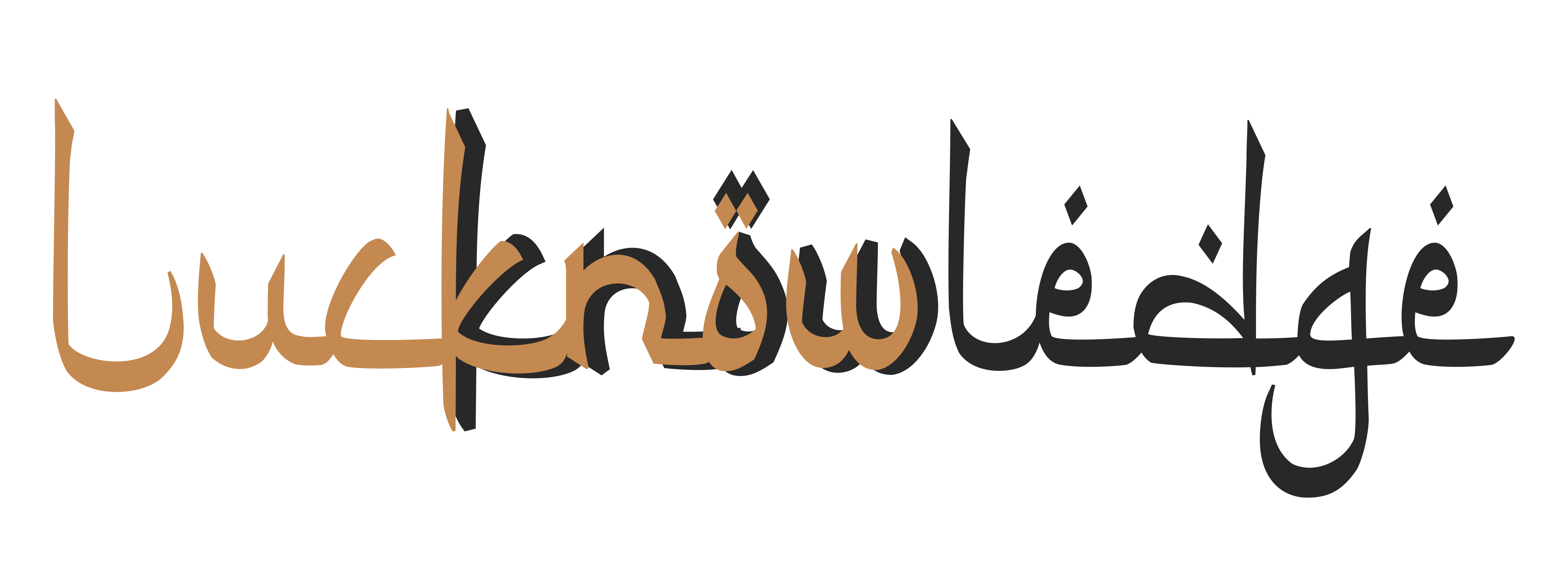Volume: 10, No: 10 ; October-2016
Rekhti as a term is derived from ‘Rekhta’, a lyrical form wherein the male poet makes an exclamation of his romantic feelings and makes a direct or indirect declaration of love for his beloved and pines with longing on her. In Rekhti, the male poet incorporates certain very specific words that are used by women to address each other. The poetry contains such phrases and exclamations that are mostly used by women folk. In Rekhti, the couplets are mostly composed in the first person of speech to present a female conveying an observation to another female, who is childhood mate, close friend or neighbour or a group of women that live in her vicinity.
Rekhti in India has its roots in the royal courts of late 15th century Deccan at Gulbarga, Bidar, Bijapur and Golconda (Hyderabad). Rekhti proceeded from Deccan to North India and reached Delhi in the 18th century. Thereafter, the decline of the Mughal Empire deprecated patronage to poets and many of whom migrated to Faizabad which was then the capital of Oudh. Along with other forms of prosody, the poets brought Rekhti to Faizabad. Later when the poets shifted to Lucknow with the Courts of Nawab Asaf-ud-Daulah when he designated it as his new capital in 1775, Rekhti also came along with them and settled in Lucknow. It became a source of private entertainment for the Nawabs and their courtiers.
We have two famous poets of Delhi named Saadat Yaar Khan ‘Rangeen’ and Insha-Allah Khan ‘Khan’ who were attached to the Court of Nawab Asaf-ud-Daulah at Lucknow. Both were well-known for their unusual composition of Rekhti besides their compositions of the other usual forms of Urdu poetry that were in vogue.
Feminine colloquy is the main ingredient of Rekhti. It had the flavour and the spice of the speech of females with words and phrases selectively used by Begums and their intimate female companions and personal attendants in the zenana of the Nawabi palaces and the Dyodhis (households) of the aristocracy. Light hearted exclamations, witty phrases, literary idioms, sarcastic remarks, ridicule, scorn, pun, innuendo and rhetoric are presented in Rekhti in their basic feminine colour to depict the various shades of women’s emotions in Rekhti. Rekhti was involved in and concerned with each other and everything of interest to women that excited their curiosity. Be it grooming, dressing, jewellery, toiletry, beauty treatment, fashion, amusement, celebrations, festivals, fairs, ceremonies, superstitions, religious observations, family life, marriage, pregnancy, child birth, small pleasures and sorrows and the drudgery that was part of a women’s life. But all this was presented by male poets garnished with light hearted humour and innocent sarcasm and served before the audience which happened to be male. Rarely did Rekhti come in the reach of women. their entry was barred in the women’s quarters. There was no such ban for men and actually Rekhti was enjoyed by men alone. The atmosphere during poetic sessions of Rekhti was often so charged with lewdness that men would mimic and imitate the actual manner of speech and behaviour of women. Rekhti poets often chose to adopt female names for their takhallus (pen-nam) and consequently we find pen names such as Nisbat, Naubahaar, Ismat, Hidayatan, Nazuk, Shabnam, Begam, belonging to Rekhti poets.
Amongst the earlier Rekhti poets of Lucknow, we have Syed Ahsan ‘Makhlooq’, Mir Ahmad Ali ‘Nisbat’, Amjad Ali Khan ‘Ismat’, Mir Hussain Ali ‘Aafaaq’, Abid Mirza ‘Begum’, Nuktachin, Naazuk, and Yakrang. Other poets associated with Lucknow include Syed Mohammed Mohsin ‘Raunaq’, Jamiat Ali Khan’ Suraiya’, Kallan Khan ‘Bechain’, Nisar Hussain Khan ‘Shaida’, Jamiat Ali Khan ‘Suraiya’, Kallan Khan ‘Bechain’, Nisar Hussain Khan ‘Shaida’, Sheikh Mohaammed ‘Baqa’, ‘Ranjoor’ Azimabadi, Bahadur and Hazeen.
Interestingly, names of two female Rekhti poets of Lucknow also find mention. One is that of a kaneez (female attendant) of Mirza Sulaiman Shikoh (the Mughal Prince from Delhi), having the pen-name ‘Zaleel’. The other is Rashk Mahal, one of the many wives of King Wajid Ali Shah, who used the pen-name of ‘Begum’ for her compositions. There is no information about their participation and recitation in any Rekhti session and it is presumed that if their compositions were ever recited there, it was someone else who rendered them on their behalf.
Often frivolous or bawdy Rekhti verses were laced with a licentious invitation of romantic liaison, lust and passion. Rekhti had the audacity of using ‘double entendre’ – i.e. Words which had a double meaning, one of which was intentionally placed to express the repressed passion of women or indirectly related to lesbian tendencies and coitus. This provided its critics a ready excuse for declaring Rekhti obscene and vulgar and strictly disallowing it to sneak into the women quarters where young girls and women resided.
Rekhti was never accepted in society as a respectable form of literature. It was never considered as something normal and respectful and its recitation was considered disgraceful. It was shameful to relate to Rekhti in public as it was believed to be unsophisticated, resorted to its composition with an alternative takhallus (pen-name), one that was different from their usual one with which they were recognized by the audience in the mushaira (poetic gathering).
Post Independence when human rights and gender equality came to be recognized for both men and women alike, Rekhti also got an opportunity to come out of its underground confines and reach the world outside.
Credits : Saiyed Anwar Abbas (The Other Lucknow)
LUCKNOWLEDGE is an initiative by Tornos. We do not intend to intrude your privacy and thus have an automated UNSUBSCRIBE system. At any point you may unsubscribe to our e-column or subscribe to it again through a link on our website. The above article is shared and in no way intends to violate any copy right or intellectual rights that always remains with the writer/publisher. This e-column is a platform to share an article/event/update with the netizens and educate them about Destination Lucknow.




